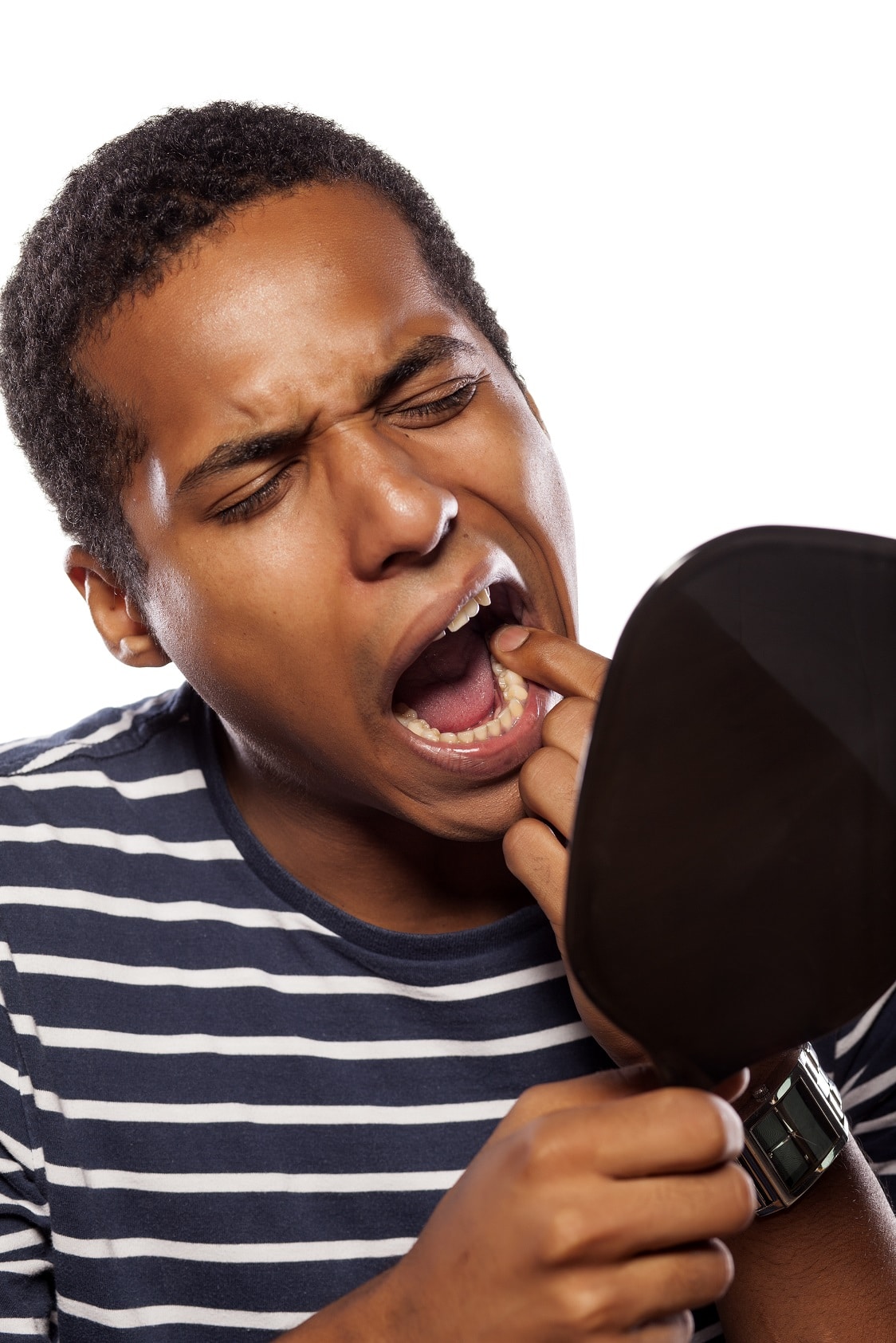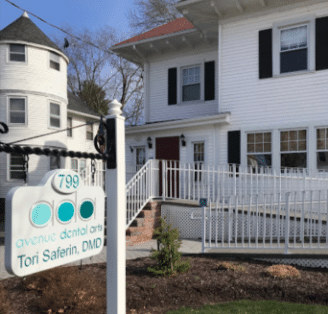When you are young, discovering a loose tooth can bring about feelings of excitement and anticipation. When you are an adult, discovering a loose tooth is rarely anything less than horrifying. Whereas the recognition of a loose baby tooth brings with it a feeling of maturity, the recognition of a loose permanent tooth brings with it a host of what if’s, such as “What if it needs an expensive repair?”, “What if it’s caused by some serious health issue?” and maybe even “What if it falls out?” Before you become too concerned about all the different what if’s and maybes, though, let’s take a moment to discuss the possible causes behind loose permanent teeth.
What Causes Loose Teeth
It’s true that permanent teeth should be strong and unmoving, but there are a number of reasons why they may become loose. Injury to the face and mouth, grinding teeth, biting down on hard objects, and gum disease can all cause loose permanent teeth, but only a few types of loose permanent teeth require a trip to the dentist.
- Injury-caused slightly loose teeth. A tooth that has been mildly injured may be just slightly loose, and may very well heal on its own after a short time. Where this is the case, you should help it heal by avoiding biting or chewing with that tooth and resisting the urge to push on or wiggle the tooth. It is not unusual for the gums around a slightly loose tooth to bleed a little, but if you experience excessive or persistent bleeding, or if the tooth remains loose for more than a few days, you should check with your dentist to make sure nothing else is occurring to contribute to or exacerbate the problem.
- Grinding-caused loose teeth. Teeth grinding, whether intentional or involuntary, can cause significant damage to your teeth. If your teeth have become loose as a result of teeth grinding, you need to speak with your dentist as soon as possible. She will likely recommend a prescription nightguard to help protect your teeth from the damage caused by grinding.
- Gum disease-caused loose teeth. Gum disease occurs when harmful oral bacteria attack the gum tissue and cause an infection. It often starts with red, tender gums and advances to gum recession and deep, infected periodontal pockets that are not only uncomfortable and even painful, but also extremely dangerous to your oral and overall health. The weakening of gum tissue and tooth roots can result in loose teeth, and is a serious condition that requires immediate dental care.
In some cases, individuals experience a sudden loose tooth without any tooth grinding, injury or other symptoms clearly indicating cause. Where this happens, it is important to see your dentist right away, as there may be an issue with one’s oral health that can be addressed and resolved quickly and thoroughly if caught early on.
Extremely Loose or Lost Teeth
In the rare event that a permanent tooth becomes extremely loose or is entirely lost, you need to see your dentist on an emergency basis. Some teeth that have been lost can be saved and successfully returned to the mouth if handled quickly enough. You can help to improve the chances of a successful return to socket by rinsing the tooth gently with saliva or water (avoiding scrubbing it, as this can damage the root), replacing it in the socket, pressing down gently until the tooth is in the proper position, and biting down on cloth or gauze until your dentist is able to see you. Where you are unable to return the tooth to the socket, keep it moist in saliva or milk and get to the dentist as quickly as possible.
A Final Thought
We understand that even mildly loose permanent teeth can be incredibly disquieting, but in many cases the cause can be quickly remedied and the tooth strengthened and restored to health. If you are ever concerned about a loose permanent tooth, contact Dr. Saferin today.


